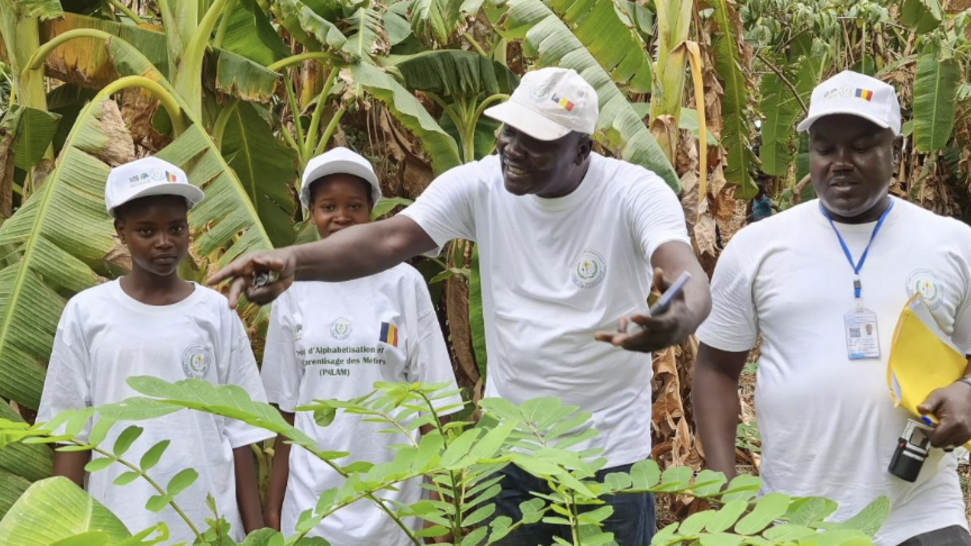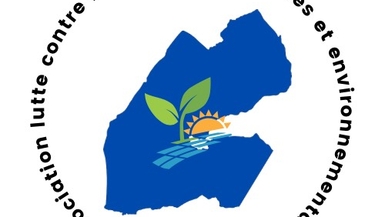Campaign Status
Ongoing Offline: The campaign is currently ongoing offline and, thus still in the process of collecting funds.
Summary
The campaign aims to support vulnerable households through income-generating activities, conducting small-scale trade training sessions for vulnerable households, and providing agricultural tools to vulnerable households by organizing them into groups.
Challenge
As part of the vocational training initiative, the NGO AL-TAKATOUF has empowered 1,667 rural women and girls, along with 1,800 young individuals who have discontinued or never had access to formal education. They underwent training in 13 trades, facilitated by funding from the Islamic Development Bank and the Chadian Government, spanning from 2018 to 2021. The targeted regions included Mayo Kebbi West Province, encompassing the departments of Mayo-Dallah, Lac Léré, and Elwaye. To combat food insecurity among vulnerable households, the initiative focused on equipping them with income-generating activities (IGAs) and agricultural kits, alongside vocational training, ensuring self-sustainability post-intervention by AL-TAKATOUF.
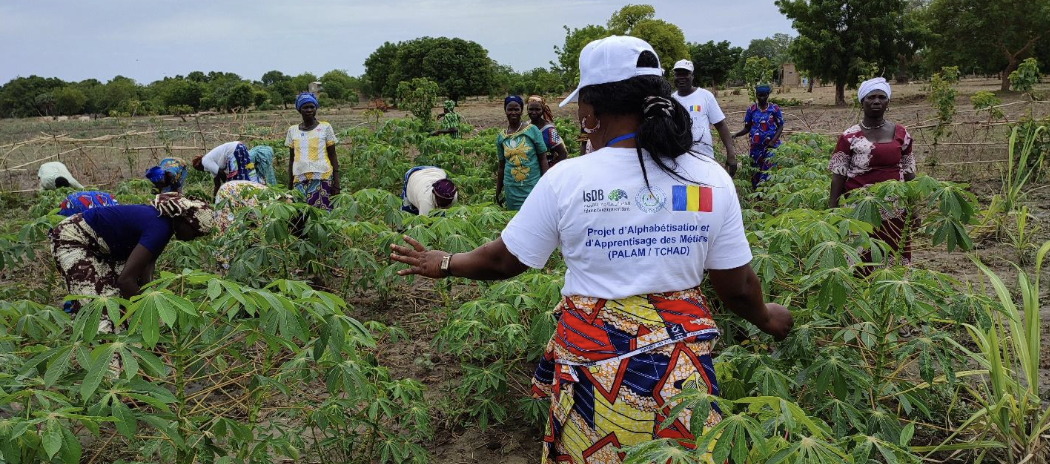
The decline in livelihoods, exacerbated by low rainfed production, has resulted in diminished food consumption. In Mayo Kebbi, reduced production compounded with income source erosion due to unfavorable seasonal rainfall has restricted pasture availability, notably impacting displaced and host households' food access.
Elsewhere in the country, modest contributions from rainfed production have marginally improved food consumption among the very poor and impoverished households, maintaining them at Minimal acute food insecurity (IPC Phase 1). However, disruptions in the rainy season have slashed yields across various localities.
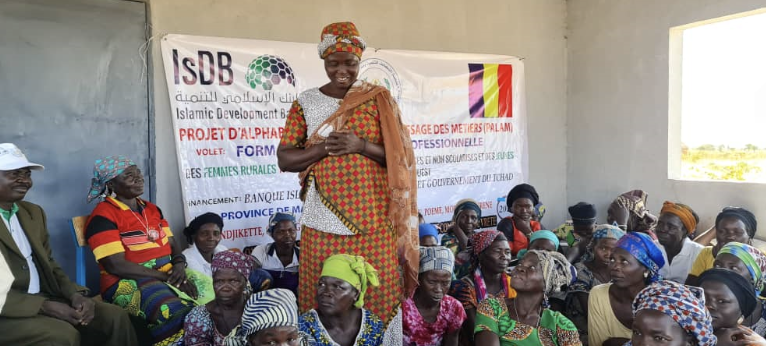
In the Sahel region, semi-temporary ponds have prematurely dried up since late September, prompting transhumants to depart for the Sudanian zone as early as September 2023, anticipating pastoral resource shortages.
Solution
This project aims to empower households vulnerable to food and nutritional insecurity by facilitating income-generating activities, offering small-scale trade training, and supplying agricultural kits in Mayo Kebbi East and Mayo Kebbi West provinces.
As a result, the primary beneficiaries will be young girls and vulnerable women residing in peri-urban and rural areas of these provinces, with a particular focus on Mayo Kebbi East and Mayo Kebbi West.
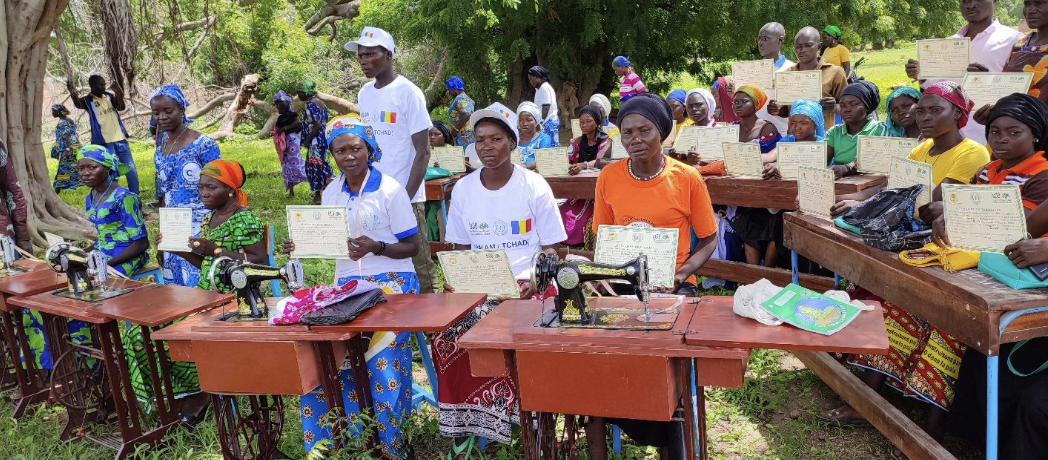
The project comprises three key components:
- Supporting vulnerable households through income-generating activities.
- Conducting small-scale trade training sessions for vulnerable households.
- Providing agricultural tools to vulnerable households by organizing them into groups.
